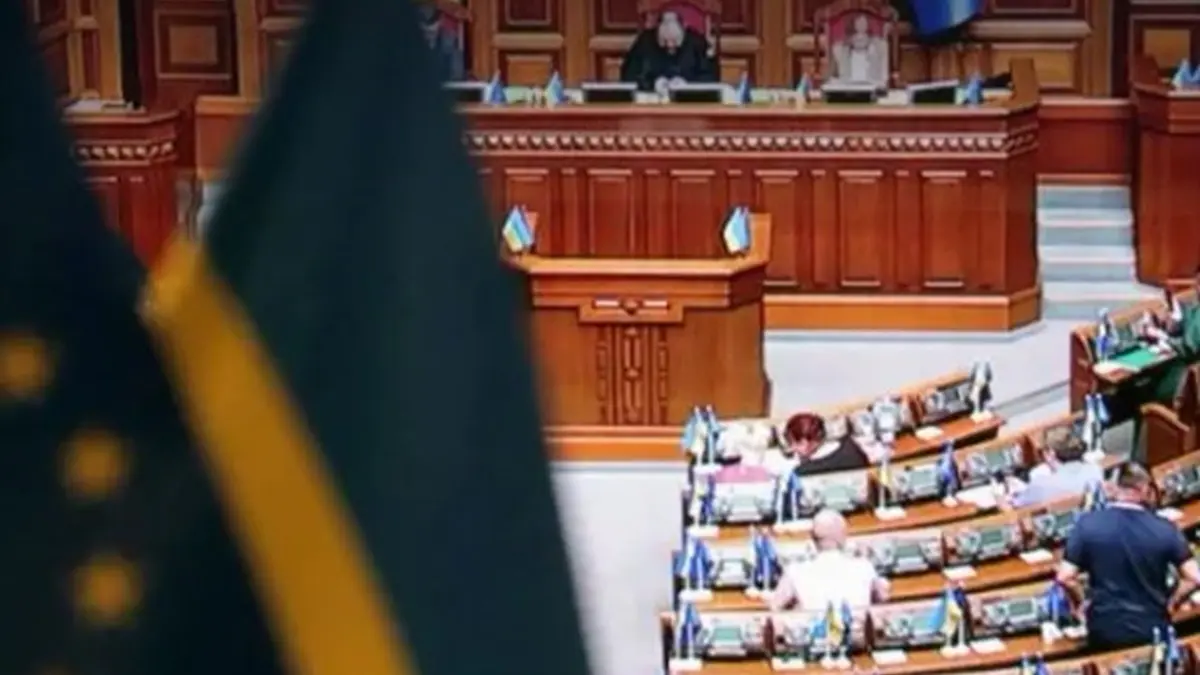South Africa Court Rejects Zuma’s Bid to Drop Arms Deal Corruption Charges
A South African high court has dismissed former President Jacob Zuma’s latest attempt to halt his long-standing corruption trial linked to a controversial 1999 arms deal involving billions in state funds.

Zuma and Thales lose bid to have arms deal charges against them dropped. Photo: @SABCNews_Radio
June 4, 2025 Hour: 1:20 am
A South African high court has dismissed former President Jacob Zuma’s latest attempt to halt his long-standing corruption trial linked to a controversial 1999 arms deal involving billions in state funds.
RELATED:
African Union Issues Urgent Warning on Cholera Surge Across 20 Countries
Zuma, alongside French arms manufacturer Thales, faces charges of corruption, money laundering, racketeering, fraud, and tax evasion stemming from the multibillion-rand military procurement agreement signed during his tenure as deputy president. The two parties had requested that all charges be dropped, claiming that repeated delays and the death of two key witnesses had compromised their right to a fair trial.
However, the court found that Zuma was largely responsible for the years of delays, and ruled that the trial must proceed. The prosecution has declared itself ready since 2021, but the case has been stalled by Zuma’s repeated—yet unsuccessful—efforts to remove lead prosecutor Billy Downer, whom he accuses of bias.
The charges against Zuma are rooted in his alleged corrupt relationship with former financial advisor Schabir Shaik, who was convicted in 2005 of fraud and corruption. The court in that case found “overwhelming” evidence of a corrupt relationship between the two men, setting a precedent for the charges Zuma now faces.
The arms deal has become emblematic of the broader state capture allegations that defined Zuma’s presidency, during which public institutions were systematically undermined to serve private and political interests. This corruption has had lasting impacts on South Africa’s public services and the trust citizens place in their government.
The 1999 arms deal has long come to symbolize the entanglement of post-apartheid state-building with corporate interests and political patronage. Originally billed as a step to modernize the South African military, the deal instead became emblematic of systemic corruption within the ruling African National Congress (ANC).
Zuma, who served as president from 2009 to 2018, stepped down under mounting pressure amid multiple corruption scandals and growing public dissatisfaction with the ANC’s leadership.
The court has postponed the case until December 4, when the National Prosecuting Authority (NPA) is expected to request that the trial move forward regardless of any further appeals. The upcoming proceedings are viewed as a critical moment in South Africa’s ongoing efforts to confront high-level corruption and restore public trust in its institutions.
The December hearing will not only determine the pace of Zuma’s trial, but could also signal whether South Africa’s judicial system remains resilient enough to confront the legacy of impunity embedded in its post-apartheid political elite.
Author: MK
Source: AFRICANEWS






